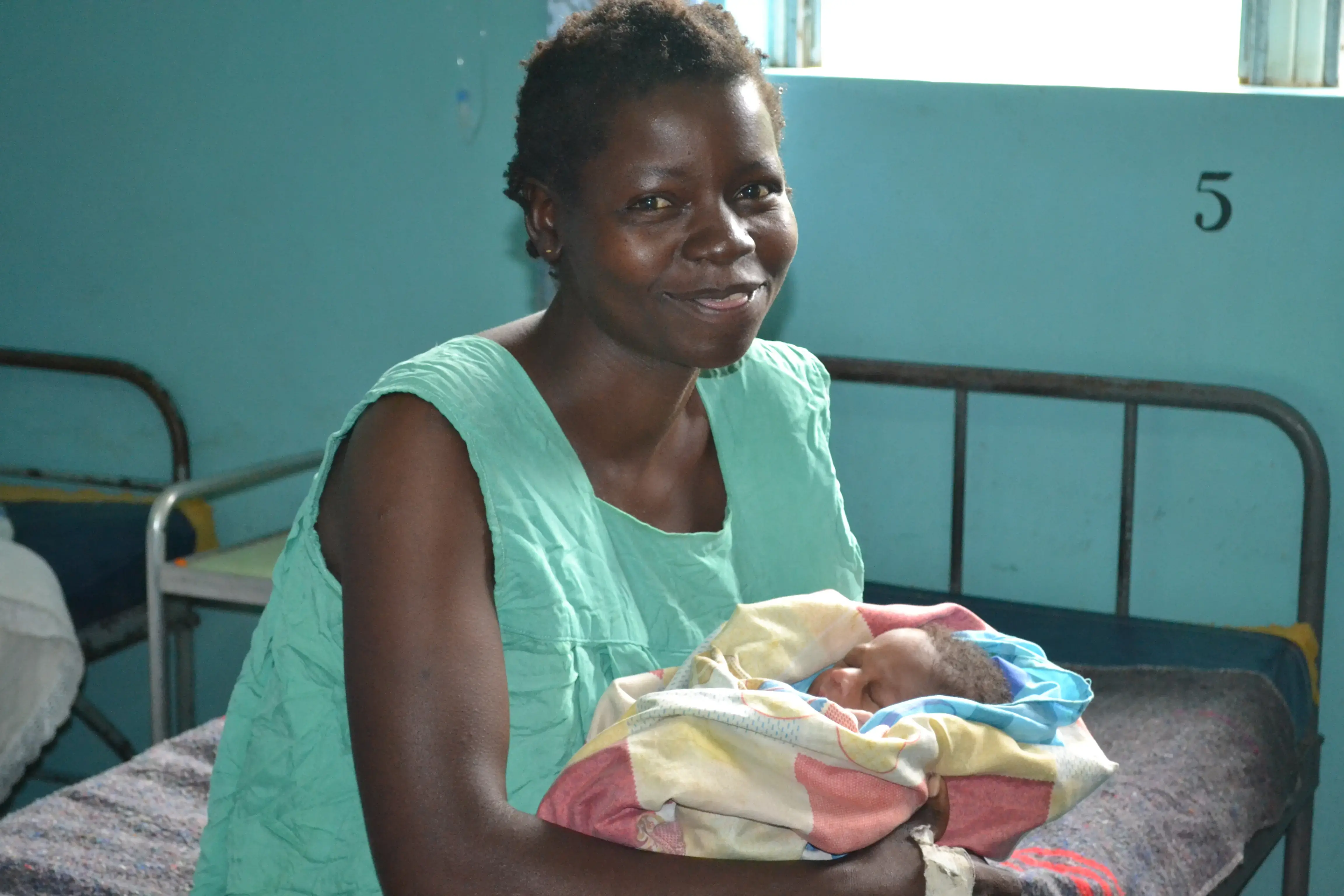Seventeen year-old Susan Emoru was a happy child growing up with her caring parents in the village of Torit in South Sudan until the day that fate struck their home in 2006. Her father, then a soldier in the revolutionary SPLA army was killed in a battle in Abiyei. Like double tragedy would strike, her mother also passed on six years later, leaving Susan alone and vulnerable with no close relative to care for or pay her school fees, a circumstance that forced her out of school.
In desperation, Susan agreed to a sexual relationship with a man twice her age. At the age of 14, Susan was already pregnant with her first baby and had never attended any Antenatal Care Services and had no money or transport to take her to the nearest Kudo Health center II, thirty-two km away. She went into labor at home for three long days attended by her father’s relatives who in panic called the village traditional birth attendant, who, with the help of her attendants, forced the baby out.
Susan awoke to the horror of a dead baby boy. She was also leaking urine and this crushed and broke her spirit. She was deserted by friends and relatives, even the man who made her pregnant married another woman. Filled with emotion, Susan recounts her painful isolation, abuses, nicknames and insults from her peers. Living in fear and loneliness, she opted to stay in hiding, only taking a bath late in the evenings at a communal spring well.
Susan lived this way for three years. “Many times I felt like ending my life. I was desperate to end it all” she recounts.
It took the intervention of her paternal relatives towards her boyfriend’s family to get some attention towards Susan’s plight. She was then brought to into Uganda to seek medical attention. Along the way, Susan faced ridicule from travelers with some yelling at her for the odour. With her new benefactor, Susan arrived in Uganda in April 2016, staying at Nyumanzi reception centre in Adjumani for two months before being relocated to Boroli II settlement.
Luckily for her, an integrated health services outreach camp supported by UNFPA was going on at Biira Health Centre III. With the guidance of Agency for Cooperation and Research in Development (ACORD), UNFPA’s Implementing Partner, Susan and ten other women with fistulas were successfully repaired at St Mary’s Hospital Lacor in the neighbouring district in July 2016.
Today, UNFPA through her emergency response programme conducts quarterly integrated health service outreach camps in all the refugee settlements and has supported over 5,000 women to access various reproductive health services such as modern family planning methods, Sexually Transmitted Infections (STI) treatment, HIV/AIDS Voluntary Counseling and testing and Obstetric Fistula repairs. UNFPA also supports capacity building of regional hospitals like St Mary’s Hospital Lacor to undertake Obstetric Fistula repairs and management.
Now three months after surgery, Susan is a new person, forever grateful to UNFPA for restoring her life and dignity: “What happened to me is not what I want for any young girl. Girls should wait to get pregnant until they are old enough to give birth” she says.
Susan now, looks to life with a lot of optimism, she looks forward to the time she will meet that true man who will love and care for her.
Story and photos by Edith Akiror




